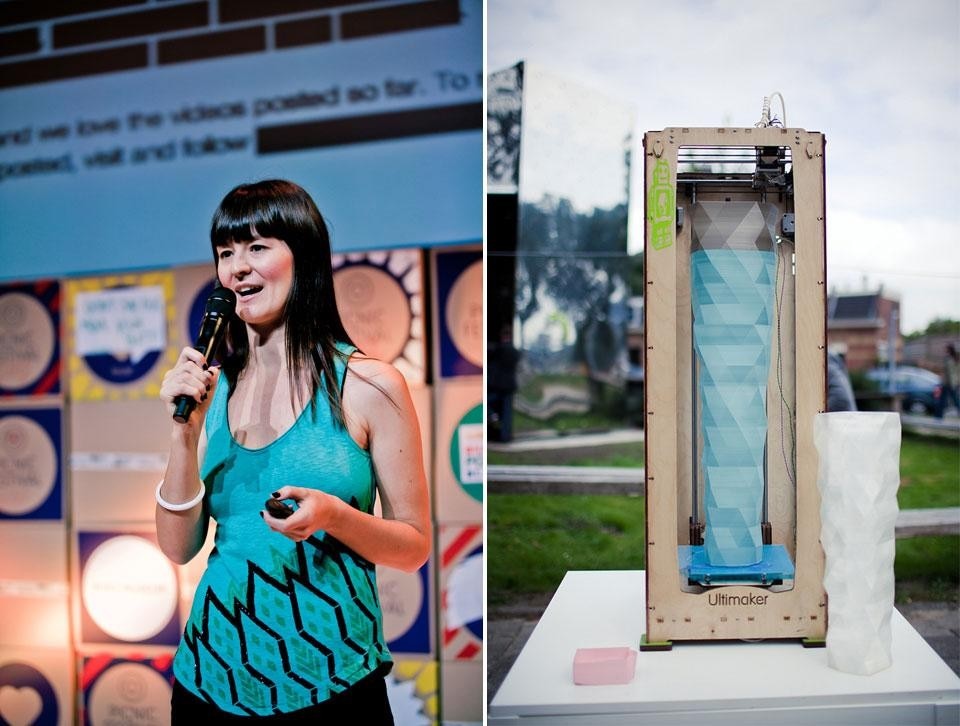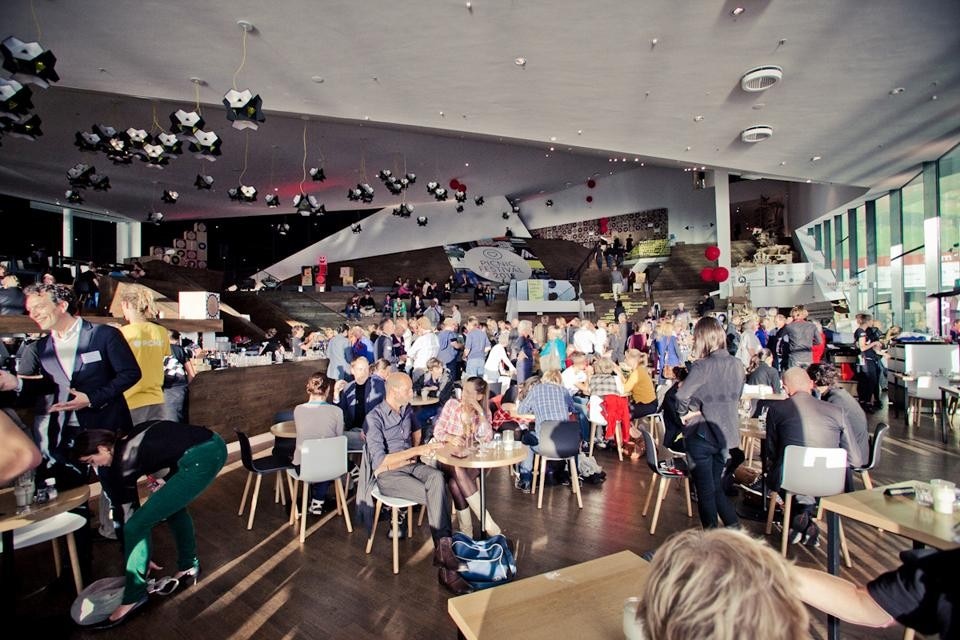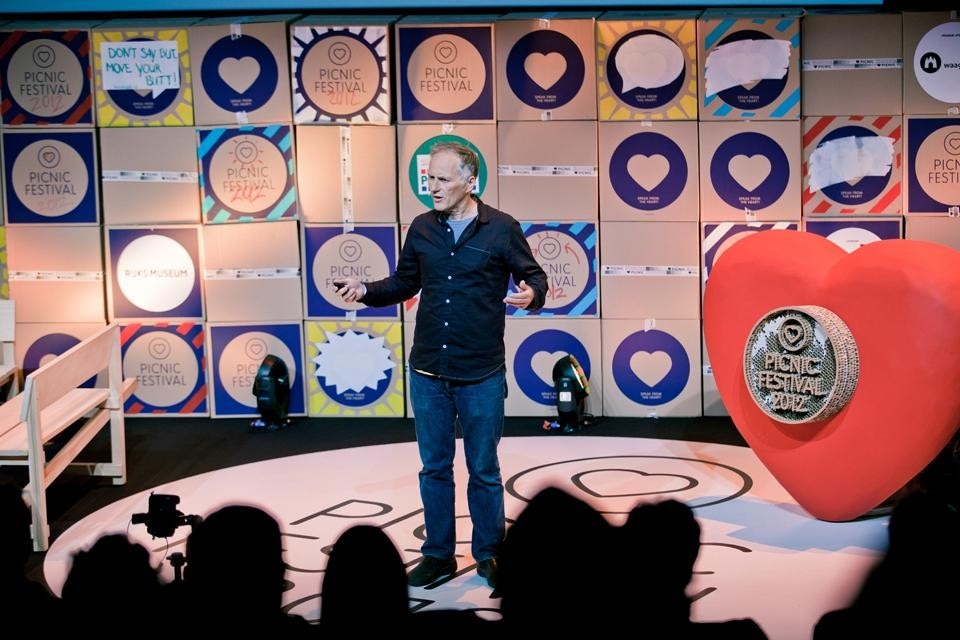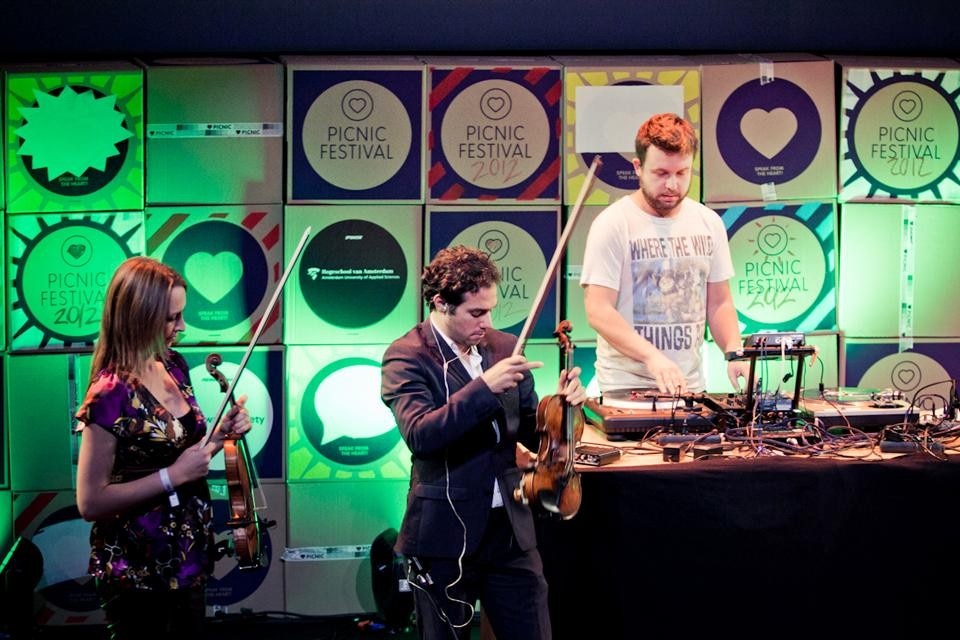This year's festival happened 17 and 18 September in Amsterdam, with the theme New Ownership: The Shift from Top Down to Bottom-Up. Picnic welcomed more than 3,000 visitors, illuminating how new technologies and connectivity are empowering common people, spreading knowledge and increasing civic engagement. This trend is gaining strength at a time when the loss of trust in traditional top down institutions is increasing, resulting in local and global communities with higher social awareness, engaging in bottom-up strategies. The recently opened Eye museum was selected as this year's festival venue, for its iconic building — by Austrian architects Delugan & Meissl Associated.
Democratization of knowledge
The public was welcomed by a Fablab tent, where Fablab Amsterdam, FablabTruck and the Ultimaker 3D printers creator, Joris van Tubergen, drew from the collection of Dutch national museum Rijksmuseum. Visitors where asked to take blueprints derived from images from the museum's collection, to modify them and to fabricate something out of them. Laser cut key-holders based on ancient keys and 3D-printed "ancient" vases were some of the outcomes. The workshop invited visitors to apply their creativity on top of old art pieces, envisioning a place where art is not unreachable, but something to be shared rather than owned.
On the same line of thought, lecturers like open internet advocate Elizabeth Stark pointed out how sharing knowledge has brought a radical change in the educational environment, where the old system "one size fits all" cannot work anymore. People have nowadays access to all sorts of content, being in the position of making choices and institutions cannot ignore this trend anymore. No matter where you are in the world, you can become an expert on your own, accessing videos of MIT lectures through their website, watching tutorials on instructables.com or diving in the TED-ED educational library. This openness and democratized spreading of knowledge has created alternatives to mainstream education, hopefully presenting a opportunity for it to improve.
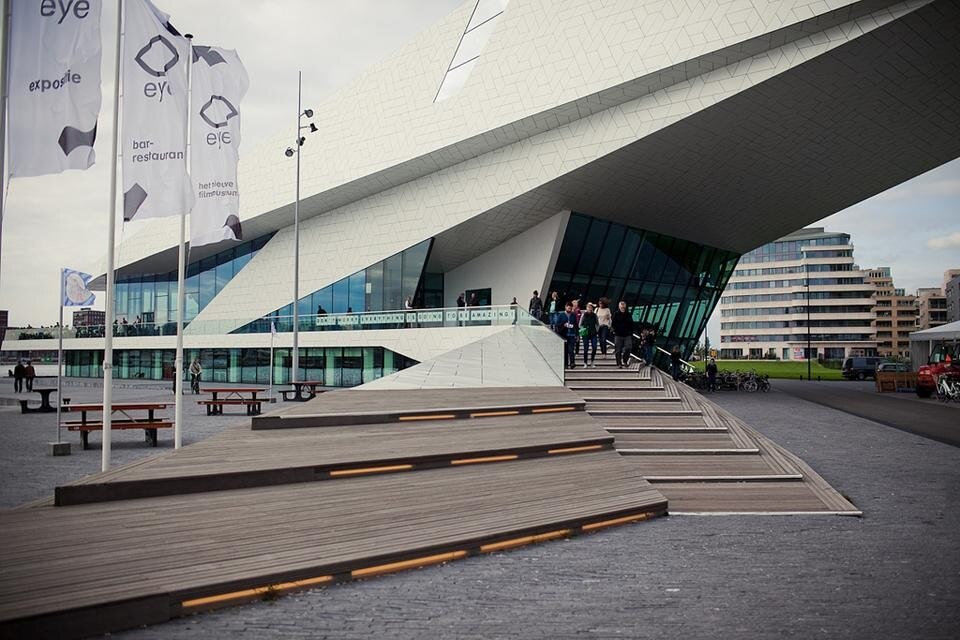
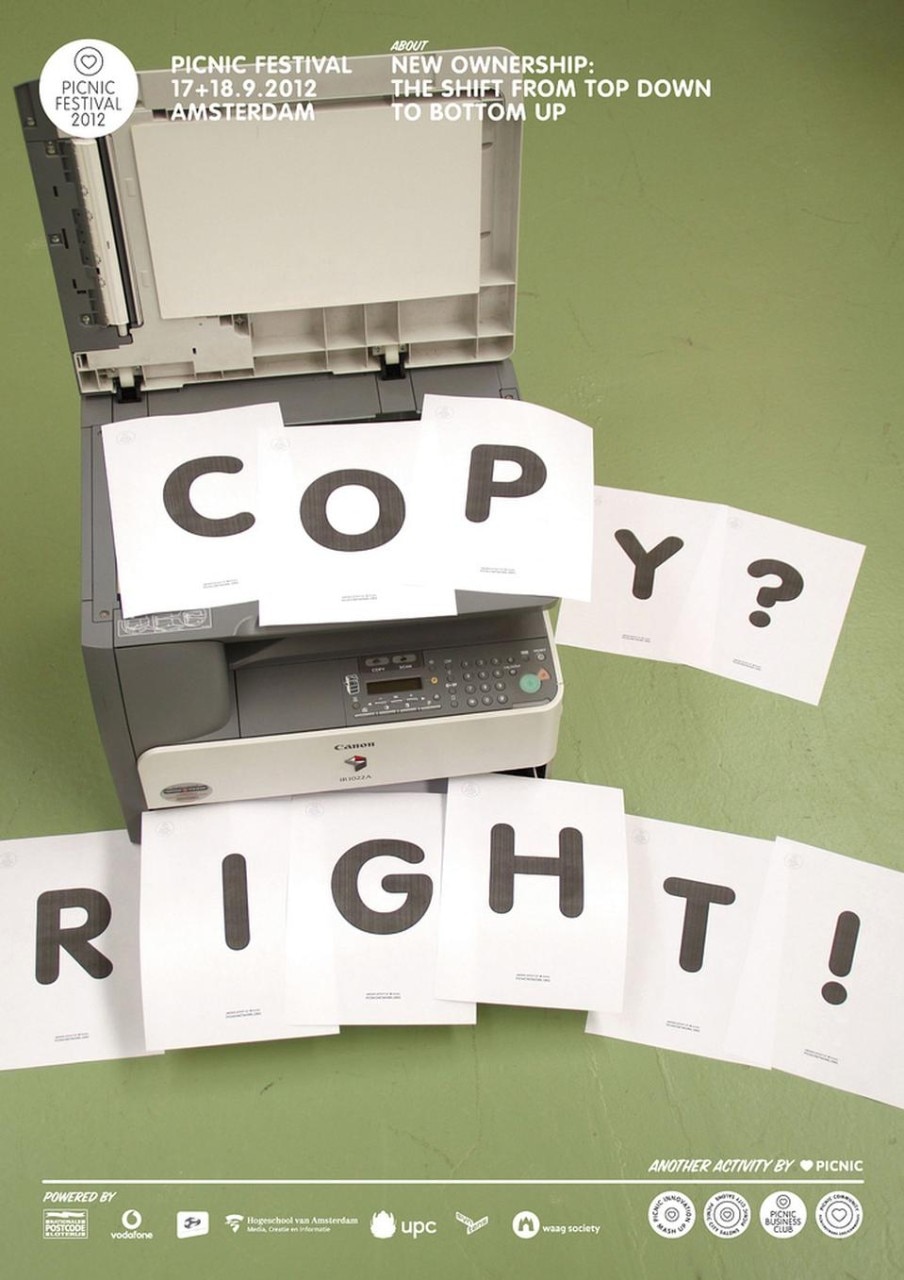
Tim O'Reilly is the founder of O'Reilly Media and an open source advocate since 1997. His talk started with a paradox, as a metaphor to understand what might have gone wrong with our economy. When we quantify the energy consumption of a tumble drier, compared to hanging clothes out to dry, we consider the latter option as a zero energy one, as if the human energy needed would suddenly disappear from the system. What really happens is that we don't monetize it and therefore we don't consider it a cost. Something similar happens with innovation: real innovators start by doing things that matter to them, investing endless energy and time, but without monetizing. That is how great businesses like Apple or Twitter started: the monetization came afterwards. What happened in the last decade is that producing monetary value became a primary goal, rather than a means to proceed or a side effect, but in these circumstances innovation is very rarely happening. "An economy is an ecosystem," continues O'Reilly, "if you take more out than you put in, the ecosystem eventually fails". He ultimately suggested that the only way to create innovation and keep the system healthy and sustainable is "sharing and creating value for others".
Picnic is therefore an open call for participation and engagement for anybody that wishes to make a change, from the bottom-up to the top of the problem
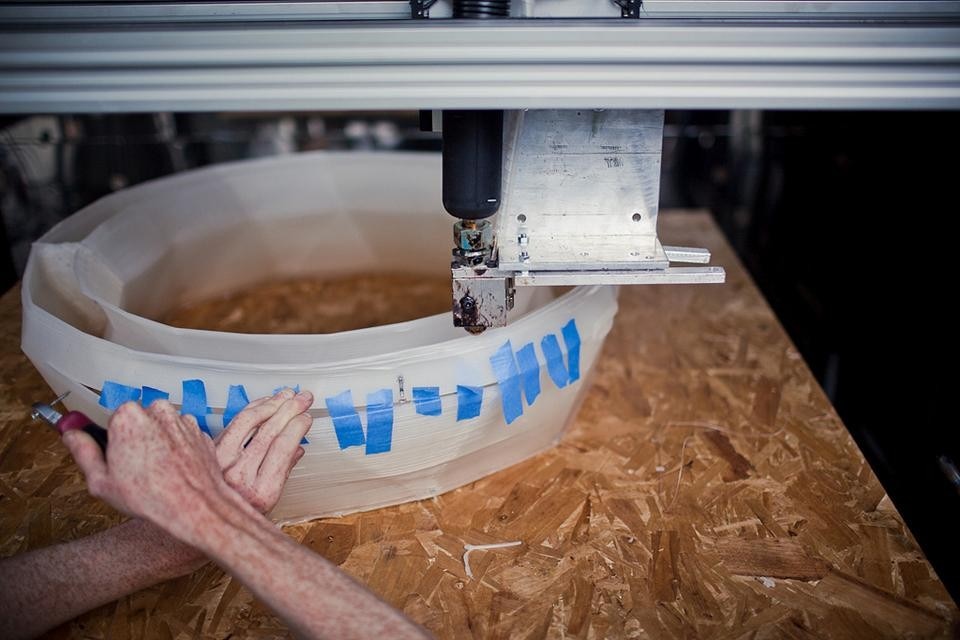
One of the leitmotiv of this year's festival was government, including topics about how cities and citizens are changing thanks to crowdsourcing platforms, that have moved from being defined as "guerrilla" actions to being supported and desired by open-minded city councils.
